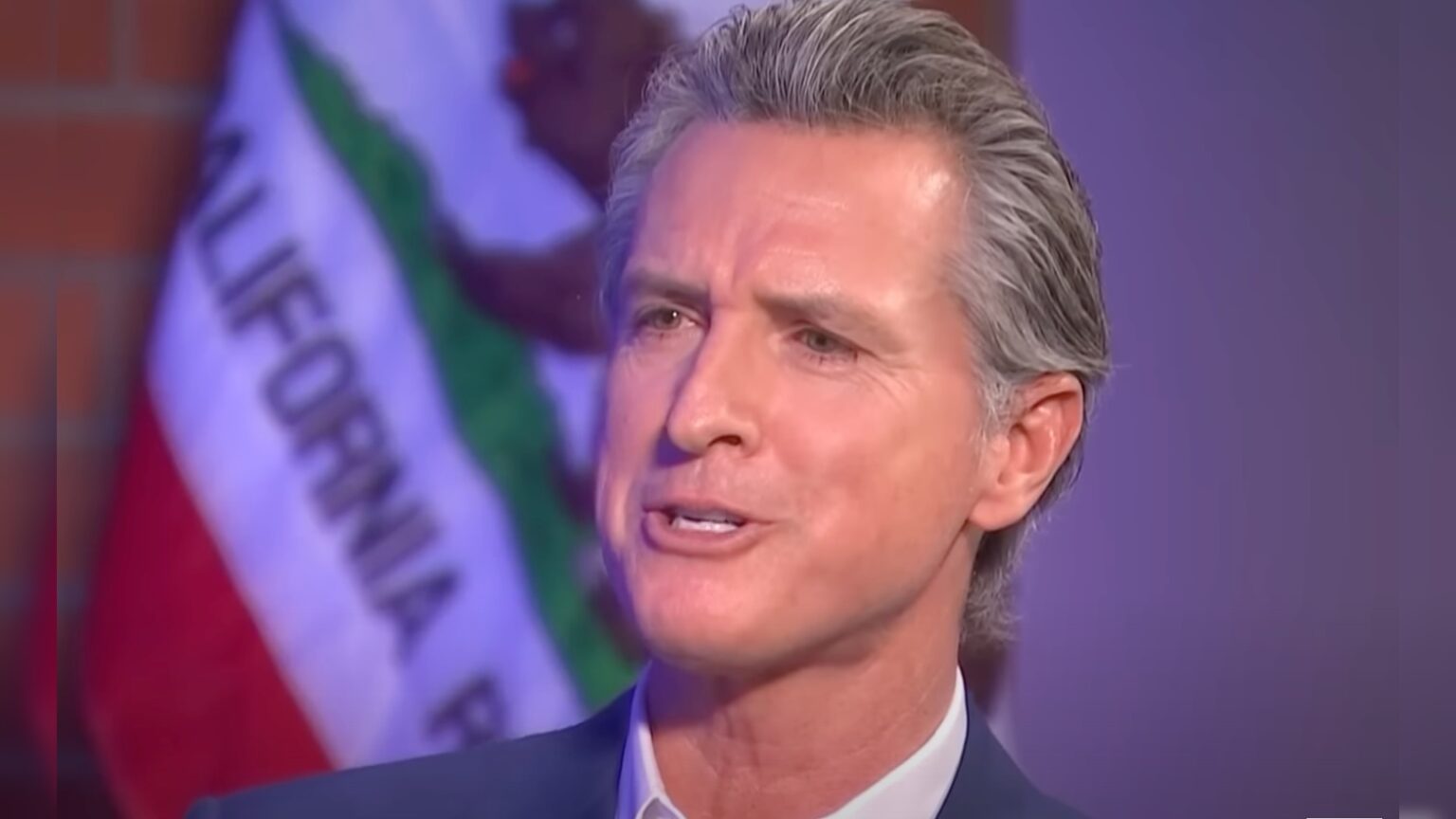California Governor Gavin Newsom (D) this week signed an executive order to crack down on the state’s consumption of soda, candy and certain processed foods.
Newsom directed state agencies to recommend actions to limit processed foods and investigate food dyes and food ingredients that pose a risk.
Additionally, Newsom is seeking to reduce the purchase of soda, candy, and foods with additives.
Newsom’s executive order directs specific state entities to:
- Provide recommendations to the Governor’s Office regarding potential action to limit the harms associated with “ultra-processed foods” and food ingredients that pose a health risk to individuals.
- Continue investigating the adverse health impacts of synthetic food dyes.
- Recommend actions to reduce the purchase of soda, candy, other ultra-processed foods and/or foods with synthetic food dye or other additives.
- Investigate the feasibility of requiring Medi-Cal Managed Care plans and California hospitals to use their Community Investment dollars and Community Benefit funds to enhance access to fresh, healthy foods, mitigate the impacts of “food deserts,” and otherwise promote public health at the local level.
- Identify areas where California may adopt higher standards for healthy school meals than national standards.
- Explore developing new standards and partnerships to further protect and expand universal school food programs.
“The food we eat shouldn’t make us sick with disease or lead to lifelong consequences. California has been a leader for years in creating healthy and delicious school meals, and removing harmful ingredients and chemicals from food. We’re going to work with the industry, consumers and experts to crack down on ultra-processed foods, and create a healthier future for every Californian,” Newsom said in a statement.
California has already banned soda on K-12 campuses and imposed restrictions on caffeine at any grade level.
Under Governor Newsom, California has:
- A long-standing ban on sodas on K-12 campuses;
- Restrictions on caffeine at any grade level, while federal standards allow caffeine in high schools;
- Required entrees sold on the same day or day after they appear on the menu to meet standards for calories, total fat, and trans fat, while federal standards allow these to be sold without meeting any nutrition standards; and,
- Proposed a sugar limit on non-dairy milk, which is anticipated to become effective in 2025, while federal standards do not have a sugar limit.
Read the full article here


